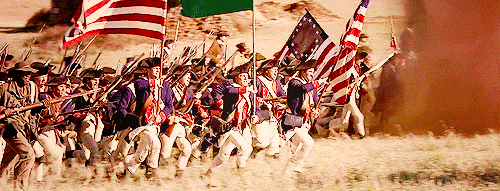Originally, I applied to Penn State as a biology major. Anyone who knows me knows that was not my brightest idea, seeing as I hate working in labs and at the mention of the word chemistry my whole body starts to break out in hives. Please see the bottom of this blog for a poem about my loathing. This seemingly endless hatred I grew towards my science classes pushed me more and more to explore new fields and majors( yes this rant does have a point). Hence, I signed up for a Distinguished Honors Faculty Program trip with Dr.Stoller to D.C. concerning lobbyists. I loved it much, that I attended a second DHFP trip in the fall concentrated on national security and global aid.
As a security and risk analysis major, I thought I had a pretty good gist of the whole “national security” thing but the truth is I didn’t. Sure I knew about cyber security, national surveillance, and securing our nation’s borders, but it had never occurred that national security wasn’t just about attacking “bad guys” like the Nazis or the Russians. My image of national security can basically be summed up in this one picture:

However, after visiting several non-profits and USAID I realized that the scope of America’s security system was much larger than I had originally imagined. It turns out that in order to ensure our success as a nation, we help other country’s to grow and prosper. The most important term I learned from this trip is found in USAID: international development.
The US, and many independent companies, provide aid in agricultural, economical, educational, health, and political areas as well as generally improving the lives of citizens around the globe. While visiting a Schreyer grad working at the Department of State, I realized how important the U.S’s involvement in politics of developing, as well developed nations can allow the US to prevent war, gain allies, and make the world a better place to live in. These benefits are also seen from disaster relief as well as acts of the peace corps.

All in all, I was surprised to see how much international involvement the country preforms in the name of “security”. It excites me to be working in a global field, and I’m glad that I was able to see the depth my major will be going into. Through seeing how actual Schreyer grads promote protecting American lives through enhancing the lives of global citizens, I was inspired to focus on a more global level with my studies. I’m now aspiring to get a Master’s in international development (something I had never even heard of until this DHFP trip) and perhaps even join the Peace Corps or work for a non-profit in the name of our wonderful nation’s security.
